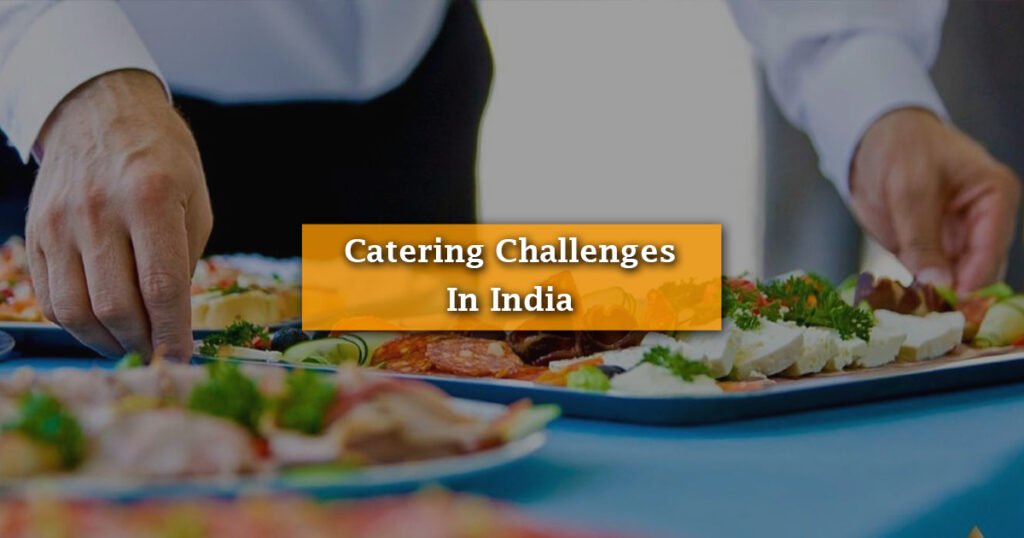
Catering businesses in India face several challenges due to the diverse nature of the industry and the market conditions. Some of the common challenges include:
1. Food Safety and Hygiene:
- Ensuring strict adherence to food safety and hygiene standards can be challenging, especially when handling large quantities of food for events.
- Navigating the complex regulations and obtaining the necessary licenses to maintain food safety can be time-consuming and costly.
2. Seasonal Demand Fluctuations:
- The demand for catering services can vary greatly depending on the time of year and local events. Caterers need to manage their resources effectively to handle both peak and off-peak seasons.
3. Quality Consistency:
- Maintaining consistent quality across a variety of dishes and for events of different sizes can be difficult, especially when catering to a large number of guests.
4. Ingredient Sourcing and Costs:
- Fluctuating prices and availability of ingredients can impact the cost of production and the overall profitability of the business.
5. Competition:
- The catering industry in India is highly competitive. Caterers need to differentiate themselves by offering unique menus, exceptional service, and creative presentation to stand out.
6. Logistics and Transportation:
- Timely delivery and setting up of food at event venues, especially in congested urban areas, can be a logistical challenge.
7. Skilled Staffing:
- Hiring and retaining skilled chefs, cooks, and service staff is a constant challenge in the catering industry. Skilled professionals are in demand and can sometimes be difficult to find.
8. Event Dynamics:
- Each event has its own dynamics and requirements. Caterers must be flexible and adaptable to meet the specific needs and preferences of different clients.
9. Cash Flow Management:
- Catering involves significant upfront costs for ingredients, equipment, and staffing. Managing cash flow, especially for small and medium-sized businesses, can be challenging.
10. Client Expectations:
- Meeting and exceeding client expectations is crucial for maintaining a positive reputation, but it can be challenging when clients have high demands or last-minute changes.
11. Wastage Management:
- Managing food wastage is a concern, as overestimating the quantity of food needed for an event can lead to losses.
12. Marketing and Brand Building:
- Building a strong brand and effectively marketing catering services to target audiences can be challenging in a crowded market.
13. Technological Integration:
- Incorporating technology for online orders, payments, and managing bookings can be challenging for traditional catering businesses.
14. Cultural and Dietary Diversity:
- India’s diverse cultural and dietary preferences mean that caterers must be prepared to offer a wide range of cuisines to cater to various tastes and preferences.
Overcoming these challenges requires a combination of strategic planning, operational excellence, continuous improvement, and a deep understanding of the unique demands of the catering industry in India.




